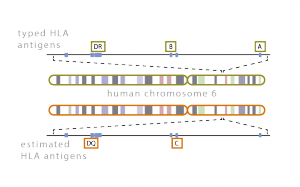| Line 4: | Line 4: | ||
==[[Projects/Synthetic Biology|Synthetic Biology]]== | ==[[Projects/Synthetic Biology|Synthetic Biology]]== | ||
| − | + | ||
| − | + | ||
==Bioinformatics== | ==Bioinformatics== | ||
Revision as of 16:24, 5 March 2015
The development of biological devices that transform living cells into biosensors, nano-factories, and therapeutic agents is the objective of synthetic biology. Georgiev Lab is a university wide research laboratory interested in innovations that make such devices reliable and efficient enough to make the biological systems a generally useful technology. We apply tools from engineering and synthetic biology to 1) build electromechanical devices co-designed with biological devices, 2) derive estimation and modeling methods specifically for biological systems, and 3) develop biological control mechanisms and theory.
If you are interested in joining us in this effort or if you are just simply interested, contact Dr. Daniel Georgiev (georgiev@kky.zcu.cz).
Synthetic Biology
Bioinformatics
Compatibility of the host and donor human leukocyte antigen systems is critical to the success of a transplant. Discrepancies in HLA loci produce host immune responses that lead to graft rejection. Full donor DNA sequencing, however, is too costly and hence partial typization of important loci is carried out. Georgiev Lab in collaboration with the University Hospital in Pilsen is interested in developing computational tools for the estimation of the missing DNA data.
- MADORA - Marrow Donor Register Analytics (MADORA) for the Czech National Register of Marrow Donors (CNRDD)
- HANA - Haplotype analyzer (HANA) for the Czech population.
Microfluidics
Our Microfluidics Research focuses on the study of microfluidic transport phenomena and the design of microfluidic devices with applications in synthetic biology. Current research projects include design and development of sensitive cell sorting techniques, on-chip cell culture, bio-sensors and cell-to-cell communication analysis.

